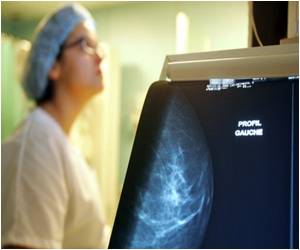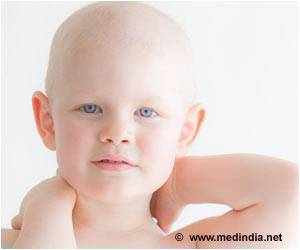There is little evidence that the use of conventional fertility hormones used for ovarian stimulation in the treatment of infertility increases the long-term risk of gynecological and breast cancers.

Results of the study, which was in part funded by the National Institutes of Health of the USA, are presented today at the Annual Meeting of ESHRE by Dr Humberto Scoccia from the University of Illinois at Chicago, USA. Dr Louise Brinton of the US National Cancer Institute was principal investigator.
The study was a retrospective investigation involving 12,193 women treated for infertility between 1965 and 1988 at five US sites. Follow-up lasted until 2010, with evaluation based on questionnaire and linkage to US death and cancer registries. A total of 9,892 women were successfully followed for cancer outcomes.
As background to the study Dr Scoccia explained that fertility drugs are known to increase levels of the principal female hormones estradiol and progesterone, both of which have been implicated in the pathogenesis of breast, ovarian and uterine cancers. Drugs to stimulate the ovaries for ovulation induction and IVF have included clomiphene and fertility hormones derived from human subjects - human menopausal gonadotrophins, hMG, and follicle stimulating hormone, FSH. Both hMG and FSH were not introduced into widespread use until the very early 1980s - and until then clomiphene was the most commonly used agent.
"Despite the biologic plausibility, results of studies of fertility drugs and breast and gynecological cancers present a mixed picture, with some showing increases in risk, others decreases, and still others showing no substantial associations," said Dr Scoccia. "However, most of these studies had small numbers with relatively short follow-up periods, and were unable to control for other cancer predictors - including the indications for drug usage, such as anovulation or endometriosis, which could independently affect cancer risk. Many questions remain unresolved."
Over the 30 years of follow-up 749 breast, 119 endometrial (uterine) and 85 ovarian cancers were identified in the 9,892 subjects. The "ever use" of clomiphene - which included approximately 40% of the cohort - was not associated with any increased breast cancer risk, except when subjects had used the drug in 12 or more treatment cycles. In such cases clomiphene use was associated with a significant hazard ratio of invasive breast cancer of 1.69 (95% CI 1.16-2.45). This risk remained relatively unchanged after adjustment for causes of infertility and multiple breast cancer predictors. Clomiphene use was not significantly associated with either endometrial (HR 1.41, 95% CI 0.98-2.04) or ovarian (HR 1.34, 95% CI 0.86-2.07) cancers, even when multiple exposure cycles were involved.
Advertisement
In making further comment, he said that the study's findings do not support "a strong relationship" between the use of fertility drugs (mainly clomiphene citrate) and breast, uterine and ovarian cancers. He described the results as "generally reassuring", noting that this study had considerably more statistical power than previous efforts. However, despite the long follow-up of this study he urged continuous monitoring because of the "relatively young age of our study population and the later peak incidence of most of these cancers". It is also likely that the proportion of patients using gonadotrophins for ovarian stimulation - particularly in IVF - increased substantially after the mid-1980s.
Advertisement















